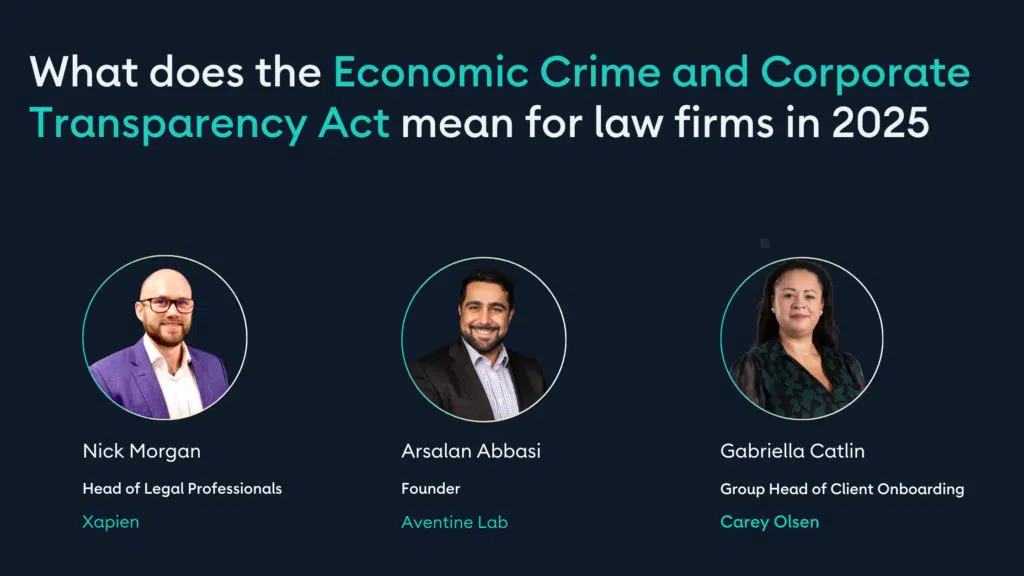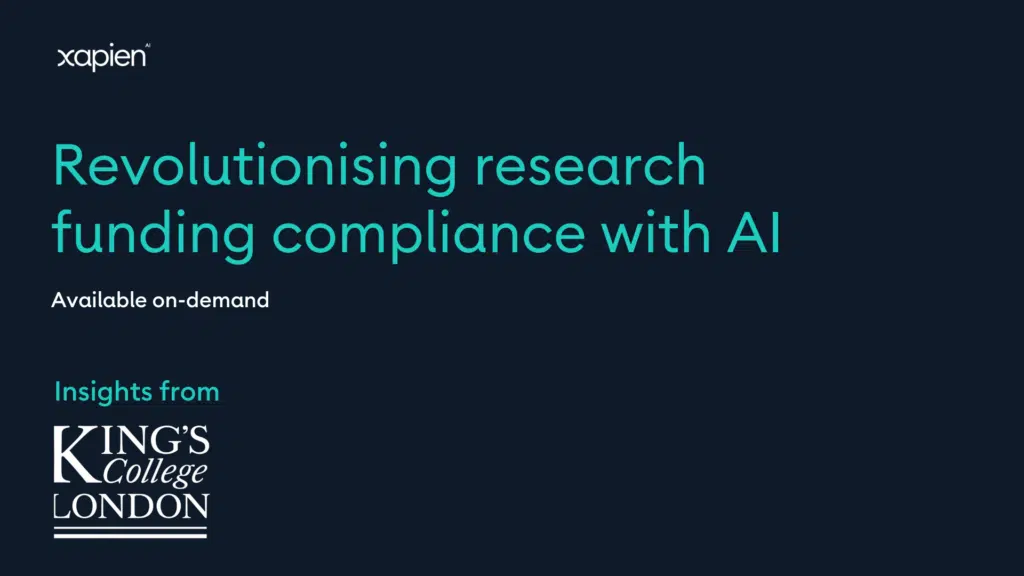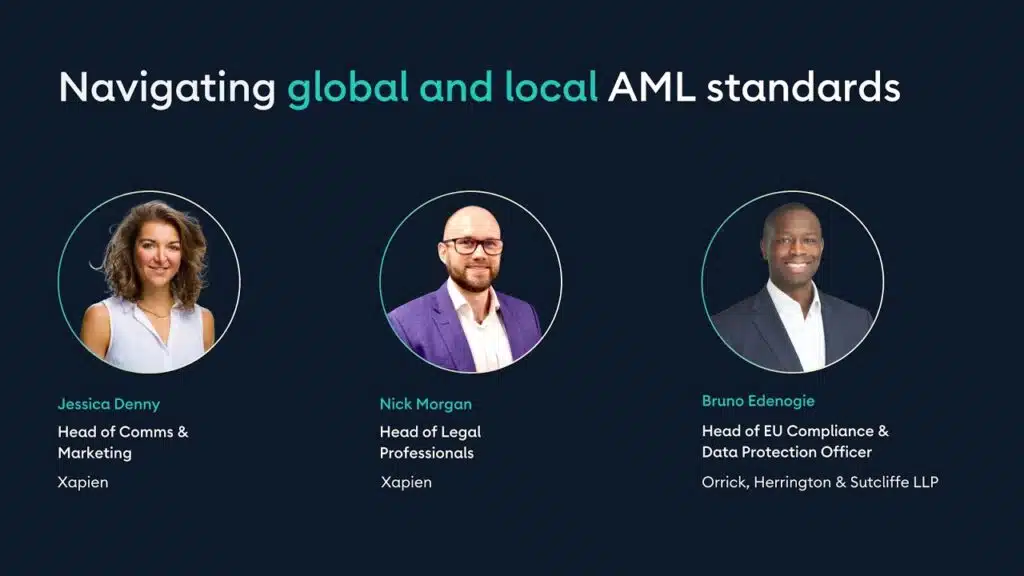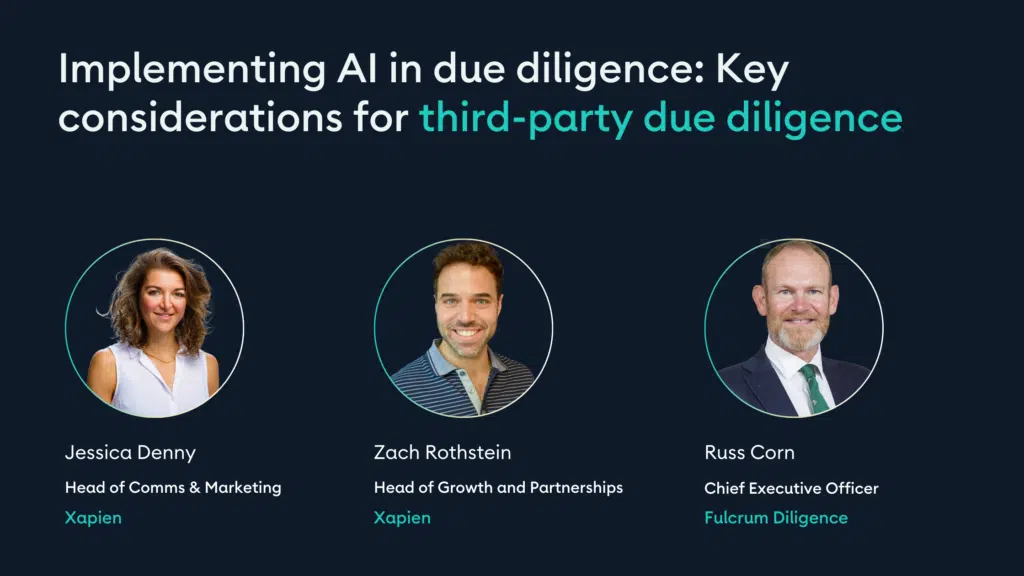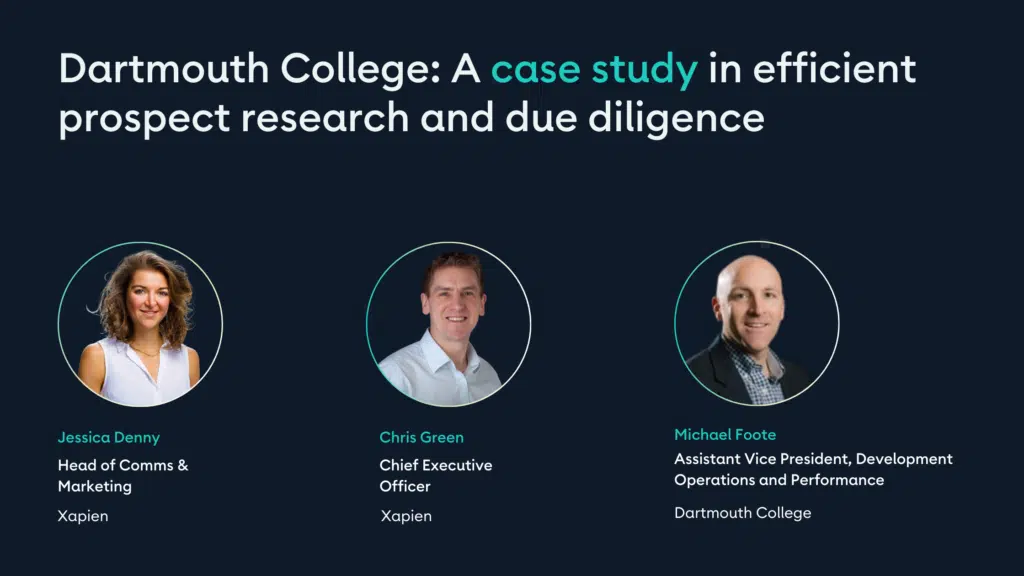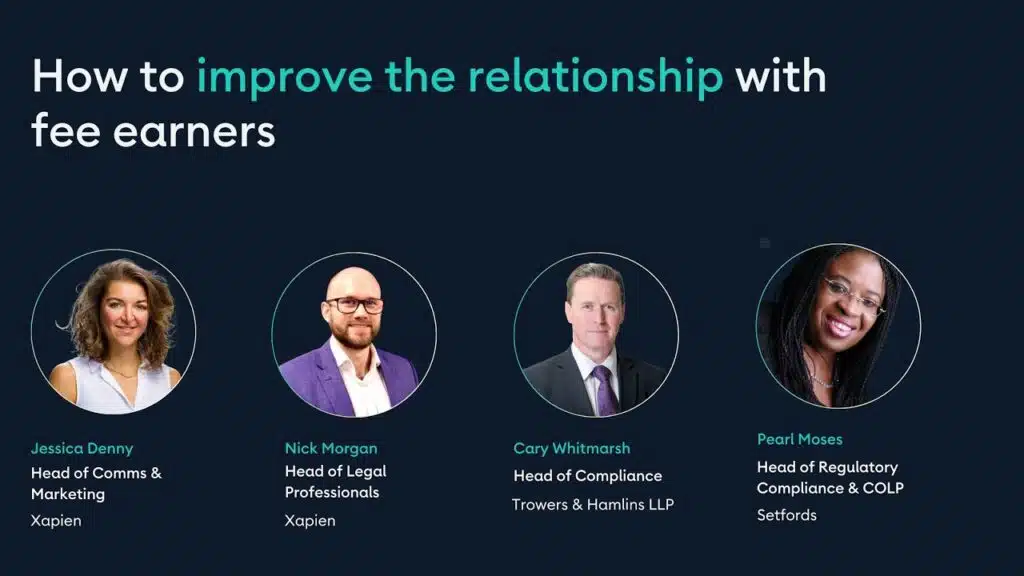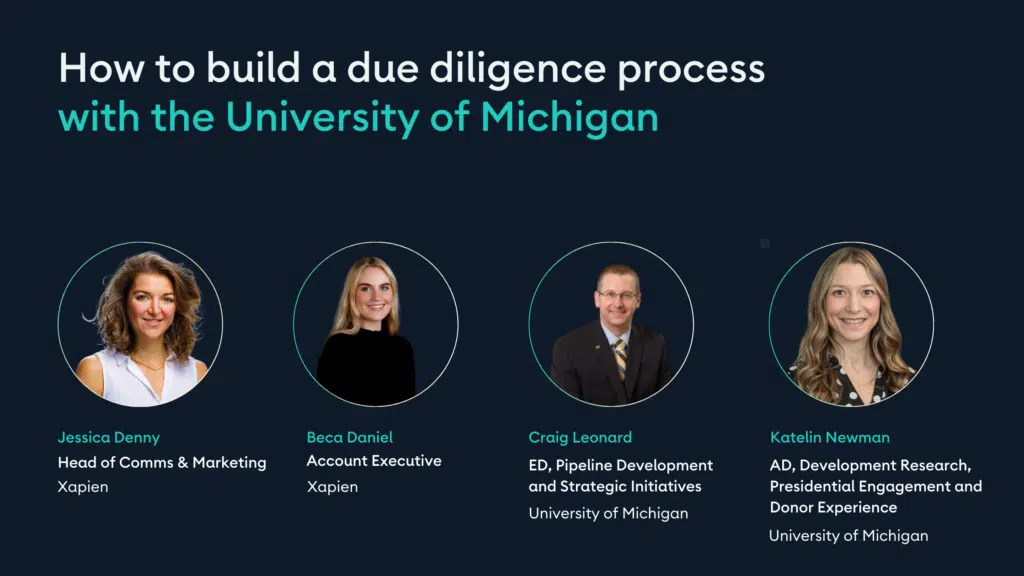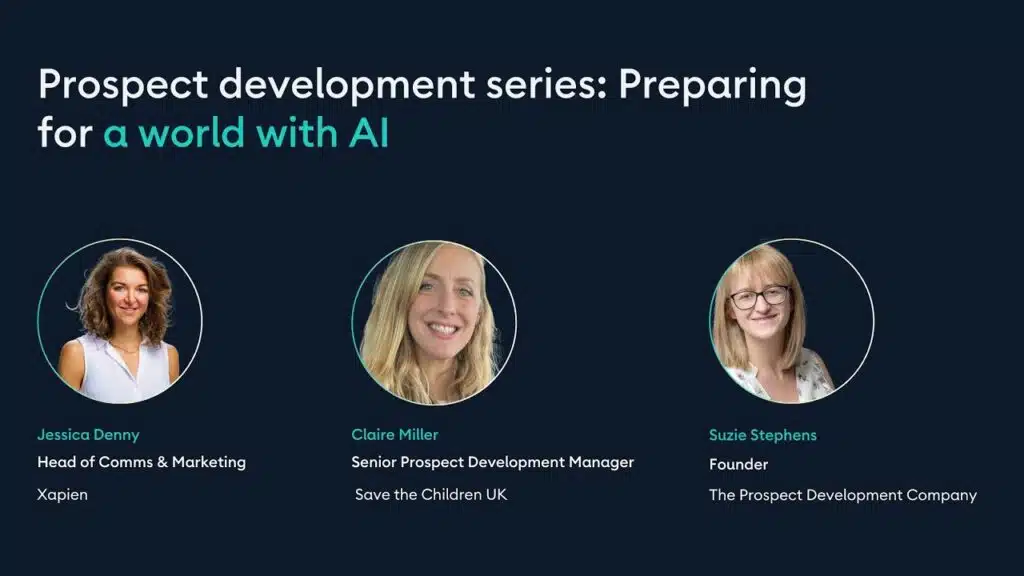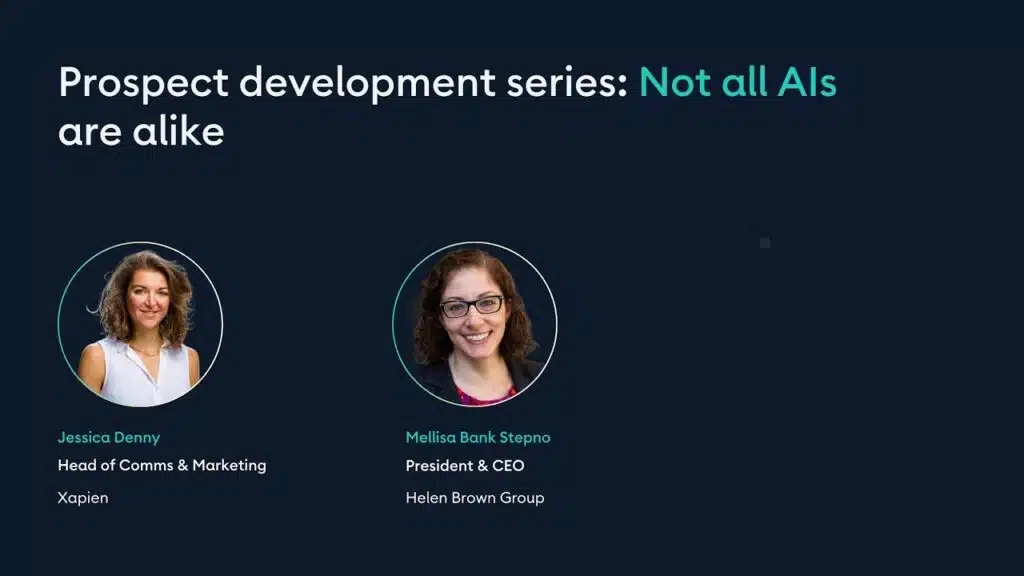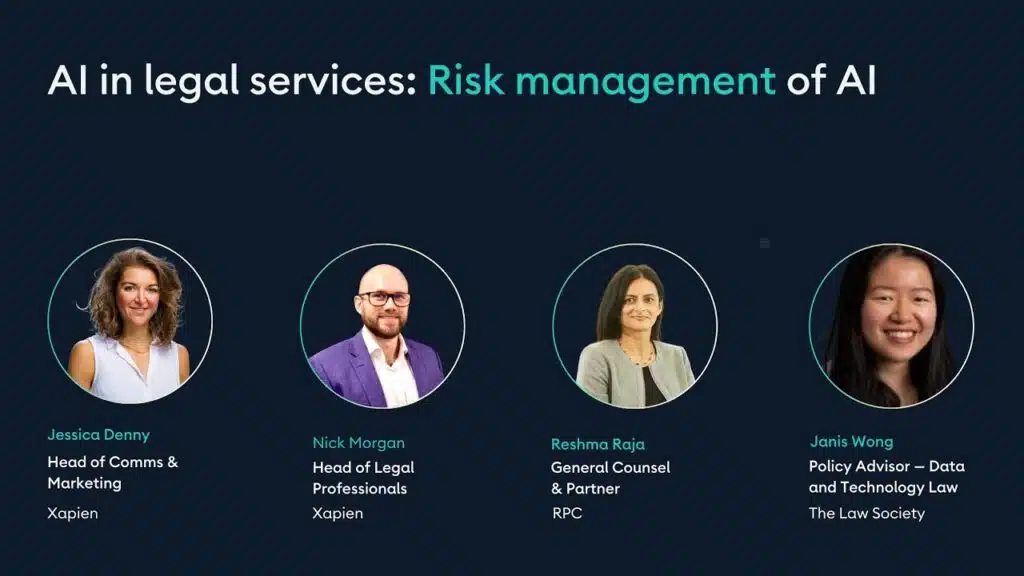The Economic Crime & Corporate Transparency Act in 2025
The Economic Crime and Corporate Transparency Act (ECCTA) is reshaping the regulatory landscape for law firms, increasing responsibilities to combat economic crime, particularly fraud, and enhance corporate governance. As part of these reforms, the Act seeks to bring greater transparency and reliability to corporate structures, both within the U.K. and internationally.
Read MoreResearch funding compliance with King’s College London
Andy discussed how UKRI has enhanced its approach to risk awareness, adopting a more mitigative protocol to minimise threats. This includes new principles that require more extensive due diligence, particularly when working with global partners in regions like Africa, Southern Asia, and South America. The initiative aims to protect research integrity, intellectual property, and the reputation of both the UK and institutions like King’s College London. Compliance with UKRI’s international due diligence guidelines is now essential, which includes assessing sustainable deliverables and evaluating organisations based on risk.
Read MoreWebinar: Navigating global and local AML standards
Join us for this webinar featuring Bruno Edenogie, Head of EU Compliance and Data Protection Officer at Orrick. We explore how to navigate global and local compliance standards and the complexities of building effective anti-money laundering (AML) programs. While we discuss the challenges of managing AML compliance across different jurisdictions, our Head of Legal Professionals, Nick Morgan, shares practical strategies for implementing AI technology. Nick explains how AI helps teams access broader and more nuanced data, leading to deeper insights into a client’s overall risk profile. By using AI effectively, firms can balance their approach—avoiding both over-scrutiny that wastes resources and under-scrutiny that exposes them to regulatory risks. This balanced approach is key to managing compliance across international jurisdictions.
Read MoreWebinar: Key considerations for third-party due diligence
The role of corporate compliance is to have adequate systems in place to prevent criminal behaviour and to adopt a risk-based approach. Following the US Department of Justice’s groundbreaking inclusion of AI in its most recent guidance for the Evaluation of Corporate Compliance Programmes, this webinar will cover what the advent of AI means for an ‘adequate system’ and how compliance teams can harness it to its full potential. What used to take days now takes minutes. Corporations gain greater insight into all their third parties, more quickly. While implementation may require some restructuring, the rewards are well worth it—for both bottom lines and transparency.
Read MoreWebinar: Dartmouth College case study
Reputational risk at Dartmouth College became a significant concern around 2018-2019, following high-profile cases like the Sackler family. These incidents highlighted the need for better management of philanthropic gifts to avoid negative associations. Dartmouth sought to establish clearer guidelines for reputational risk, initially looking at what other organisations were doing. Their first major experience involved a donor who disclosed that demonstrators often followed him, raising potential publicity risks. However, at the time, tools to assess reputational risk were limited. Dartmouth hired a company that provided a lengthy, expensive dossier, but the process was inefficient. Over time, they explored other tools but continued seeking a more efficient, confidence-building solution to identify red flags and risks associated with potential donors. Then, they found Xapien which has since centralised and streamlined reputational risk management.
Read MoreWebinar: How to improve the relationship with fee earners
This session covers how compliance teams can improve their relationship with fee-earners while strengthening risk assessments. Our guest speakers talk about using a mix of technology and traditional methods, like client risk assessment forms that promote deeper thinking beyond simple checkboxes. The session also highlights the importance of open-source research, enabling compliance and fee-earners to look at a client’s risk profile in full context. It’s not just about what you know about them; it’s about what the rest of the world knows about them. Complete the form to learn more about Xapien.
Read MoreWebinar: University of Michigan case study
The University of Michigan noticed growing concerns with certain philanthropists and decided to review its due diligence process. The research team led the development of a new approach, working closely with senior leadership, legal, and compliance teams. At first, they struggled with gathering too much information, but with input from legal and DEI teams, they refined their focus on key risks. They also created a decision matrix to align with institutional values and reduce bias. In 2020, the university launched a new process using Xapien, allowing them to generate comprehensive reports in just 10 minutes. This improved efficiency and helped them identify donor risks earlier on.
Read MoreWebinar: Prospect development—preparing for a world with AI
This webinar explores the evolution of prospect research and the transition from traditional methods to modern technology. Initially, researchers relied on manual data entry. But advancements in technology, particularly search engines and AI, have transformed the efficiency and accessibility of information. Despite these changes, the core mission of prospect research—maximising fundraising potential for nonprofits—remains unchanged. AI has simply enabled researchers to provide timely insights to fundraisers. They’re evolving from just information gatherers to strategic partners, collaborating with fundraisers to develop effective engagement strategies.
Read MoreWebinar: Prospect development—not all AIs are alike
There’s a need for reliable AI tools in the prospect development space, especially as AI models evolve rapidly. Purpose-built tools can simplify the role of researchers, allowing them to focus on strategic tasks instead of constantly retraining. AI has the potential to elevate roles within organisations, moving professionals beyond administrative tasks to become strategic partners in fundraising and decision-making processes. It draws parallels to the early days of the internet. While AI is currently in a nascent stage, it will become integral to work processes, much like search engines have. Before using AI tools, particularly generative models, it’s essential to review privacy policies to ensure that sensitive data isn’t misused. Research tools built specifically for the industry, like Xapien, are more appropriate for handling confidential information about prospects.
Read MoreWebinar: AI in legal services—risk management of AI
Sixty percent of large law firms are looking into AI. However, there are still concerns about safe usage and ethical compliance. Data security is a big issue; firms need to understand regulations and ensure clients give informed consent regarding their data, as many have specific hosting requirements. It’s also important for law firms to follow strict security protocols when integrating new AI tools. Our guest speakers emphasise why we shouldn’t rely too much on AI since it can’t replace human insight and ethical judgment. Instead, lawyers should use AI to improve efficiency but remain responsible for making nuanced decisions based on their expertise and client relationships. With the right safeguards, firms can use AI without compromising client privacy or reputation.
Read More